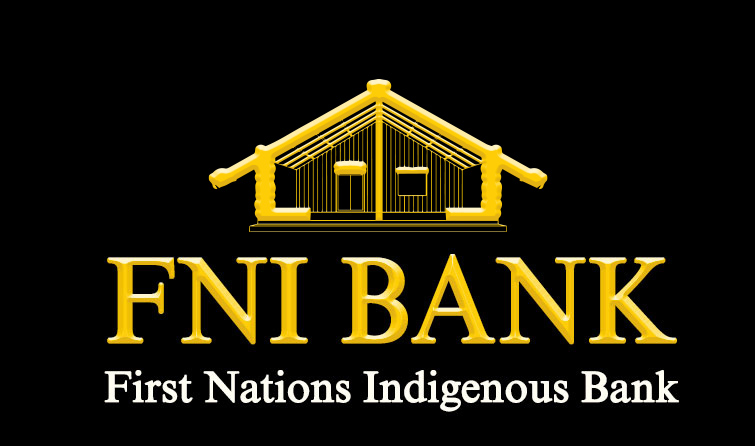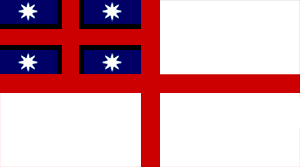
Background to Maori Sovereignty
The “Declaration of Independence, was signed on October 28, 1835”. This document was further ratified with the signing of “Te Tiriti O Waitangi, February 6, 1840 by and between the representatives of the British Monarchy-Queen Victoria and the Confederation of Māori Chiefs (the New Zealand government did not exist at the time). The document had 2 versions, one in the Māori language and the other in English. Essentially, both versions of the “TREATY” were seen as immigration documents that allowed the British to come into Aotearoa (NZ) and set-up a “SETTLER GOVERNMENT”. This strategy was to put in place a “rule of law” for the “Settlers”. There is no “CLAIM OF RIGHT” nor is there any “MECHANISM IN LAW” for the “Servant Settler Government” to make laws to rule over the Māori people.
The primary purpose of “Te Tiriti O Waitangi” was to allow the British to make laws for the immigrants and settlers on one hand and on the other hand “MĀORI RETAINED SOVEREIGNTY AND UNDISTURBED POSSESSION OF ALL THE RESOURCES IN THE LAND, SEA AND FOREST”.
Of significance was that over 500 Chiefs signed the Māori Version (Te Tiriti O Waitangi) but only 49 Chiefs signed the English Version (The Treaty of Waitangi). The Confederation of the Sovereign Hereditary Chiefs of the United Tribes of Aotearoa (NZ), have sat in council twice yearly since the signing of the treaty.

Twelve years after “Te Tiriti O Waitangi” was signed (1852). The British were using an entity called the “New Zealand Company”. They used this entity to do all of their corporate transactions in Aotearoa (NZ). They then changed the name of the “New Zealand Company” to the “New Zealand Government”. Four years later (1856) after elections, the “New Zealand Government” came into being.
Since that time, the “New Zealand Government” has over stepped its “Servant Mandate” and has usurped its authority over the Queen of England. The “New Zealand Government” has stolen and continues to steal from the Māori people, and pillages the resources of the country. Despite “Te Tiriti O Waitangi” which “guarantees undisturbed possession of all the resources in the land, the sea and the forest”.
In 2007, the United Nations passed the “Declaration of Indigenous Peoples Rights”. This gives impetus to Māori claims for Sovereignty, as encapsulated in the “Declaration of Independence 1835”.
The declaration was also signed by the New Zealand government represented by Dr Peta Sharples the minister of state for Maori Affairs with the approval of the Prime Minister John Keys at the time. The minister signed the document by adding the word subject to New Zealand law!
Māori have never been beaten militarily, have never capitulated, nor have ceded Sovereignty.
The above statement is written by Nusrat Shah MBA Boston, Economist, London, England and is subject to approval of FNI Bank board of directors.

Reshaping the Financial Landscape

© Copyright 2024, All Rights Reserved